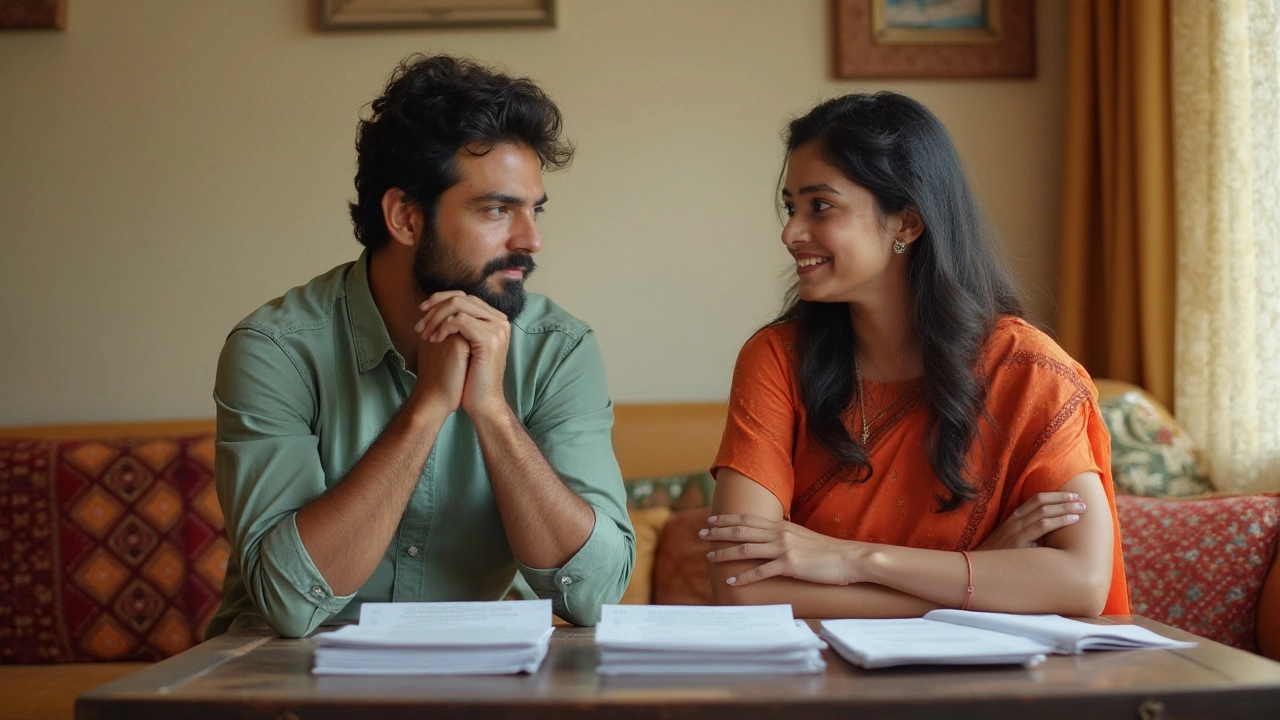Marriage Termination Advice You Can Use Right Now
Thinking about ending a marriage can feel overwhelming. You might have heard rumors about instant divorces or wonder if a one‑year separation is mandatory. This guide cuts through the noise and gives you the facts you need, all in plain English.
Can You Get an Instant Divorce in India?
The short answer: no, the law doesn’t allow a snap divorce. However, you can speed things up. Mutual consent divorce is the fastest route. Both spouses file a joint petition, wait the mandatory cooling‑off period (usually six months), and then file a second petition. If the court grants a waiver—often possible when there’s no dispute—you can finish in about six months instead of three years.
Key steps to move fast:
- Collect all required documents early (marriage certificate, ID proofs, address proof).
- Agree on alimony, child custody, and asset division before filing.
- Ask your lawyer to request a cooling‑off waiver if both parties are certain about the split.
Skipping these steps or hiding information can add months, so be thorough from the start.
One‑Sided Divorce, One‑Year Separation, and Other Common Questions
Many think a one‑year separation is a must before filing for divorce. That’s only true for certain cases, like when the marriage has broken down irretrievably but the spouses can’t agree on a mutual consent petition. If you file a contested (one‑sided) divorce, the court looks at grounds such as cruelty, desertion, or adultery. No mandatory one‑year gap is needed, but the process can take longer because the other side can contest.
For contested divorces, keep these tips in mind:
- Document any ground for divorce—messages, police reports, medical records.
- Stay calm in court. Aggressive behavior can backfire.
- Hire a lawyer experienced in family law; they’ll help you navigate procedural delays.
Another hot topic is divorce for lack of sex. Yes, a sexless marriage can be a ground for divorce under "irretrievable breakdown of marriage." Courts look for proof that the spouse has consistently refused intimacy and that counseling or other remedies failed. While it’s not the easiest ground to prove, it’s recognized.
Whether you’re considering a mutual consent divorce, a contested one‑sided divorce, or filing on specific grounds, the most important thing is to know your rights and prepare your paperwork. Ignorance can lead to costly delays, higher legal fees, and unexpected outcomes.
Finally, remember that divorce isn’t just a legal event—it’s an emotional milestone. Seek support from friends, family, or a counselor. A clear mind helps you make better decisions and keeps the process smoother for everyone involved.
If you’re ready to start, gather your documents, talk to a qualified family lawyer, and decide which route fits your situation best. The right knowledge can turn a stressful breakup into a manageable transition.

Strategies to Minimize Divorce Settlements in India
Navigating a divorce in India can be a daunting task, especially when it comes to settlements. This article explores various strategies that can help reduce or avoid divorce settlements. By understanding key legal principles, negotiating amicably, seeking mediation, and drafting prenuptial agreements, individuals may find pathways to protect their interests during the process. Legal guidance tailored to Indian laws is essential for effective divorce proceedings.